US Implements Social Media Scrutiny for International Student Visa Applicants
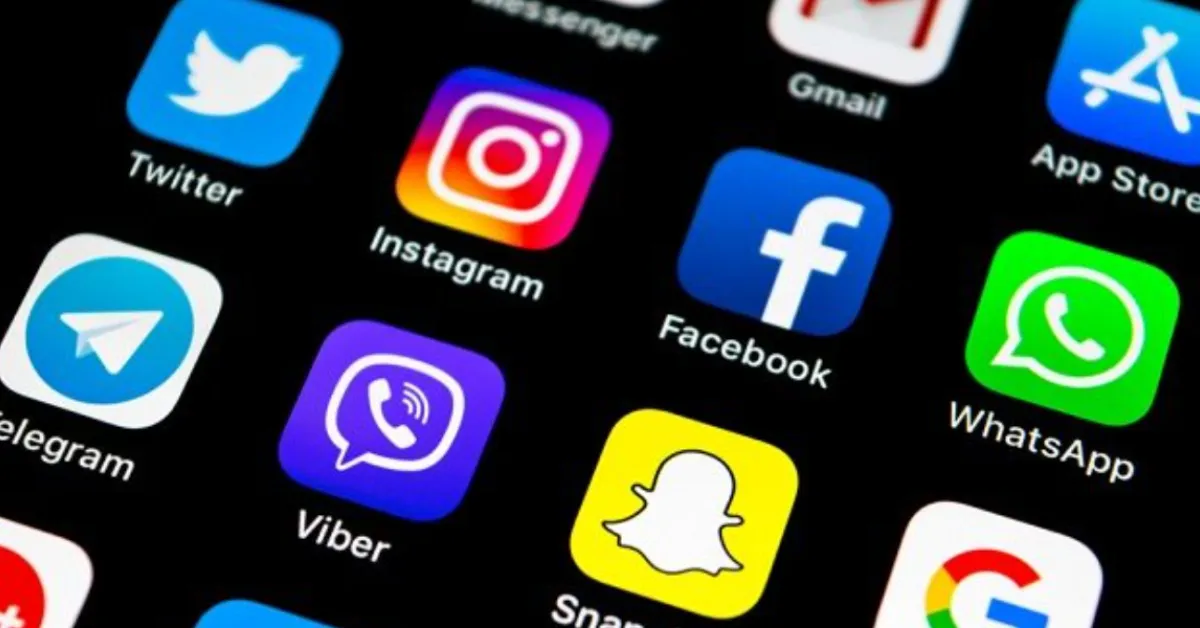
The US State Department is now actively enforcing a revised policy requiring international student visa applicants to provide open access to their social media profiles.
This measure, initiated after a temporary suspension of visa interviews in May, affects individuals applying for F, M, and J visas, which include university students, vocational trainees, and participants in cultural exchange programmes. Under this new directive, applicants must adjust their social media privacy settings to ensure US consular officials can comprehensively review their online activity. Refusal to comply may result in visa denial based on suspicions of concealed information.
The policy is part of a broader strategy by the Trump administration to enhance national security by monitoring the presence of foreign nationals within US educational institutions. Administration officials assert the policy is essential to ensure the safety and security of the country. The intensified scrutiny of social media aims to identify indicators of what officials describe as "hostility" towards the United States.
Consular officers are instructed to analyse public posts and communications for sentiments deemed antagonistic to American citizens, governmental institutions, or the country's foundational principles. This review also encompasses any online support for designated terrorist organisations or content classified as antisemitic under expanded federal guidelines. The State Department has stated that the temporary suspension of student visa interviews in late May was necessary to realign vetting strategies with national security priorities.
The resumption of appointments has brought some relief, though apprehension persists among international students. A Chinese Ph.D. candidate based in Canada, who wishes to remain anonymous, has confirmed securing a visa interview appointment shortly after the announcement. The applicant expresses ongoing concern, frequently checking official websites for updates.
Critics have raised concerns about privacy rights and potential restrictions on free expression. They argue that the policy disproportionately impacts students from politically sensitive regions or those who openly discuss international policy issues, such as the Israeli-Palestinian conflict. Some interpret the directive to screen for antisemitic content as an attempt to suppress pro-Palestinian activism, a recurring theme in campus protests frequently criticised by the White House.
The conflation of political dissent with potential security threats raises questions about the limits of acceptable speech in visa evaluations. The administration's stance may coerce foreign applicants into self-censorship or performative alignment with US ideology to secure educational opportunities. The Trump administration has repeatedly voiced disapproval of elite academic institutions, accusing them of harbouring left-wing bias and fostering anti-American sentiment.
Actions such as freezing federal research grants and challenging university autonomy in admitting international students reflect a broader strategy to reshape higher education along nationalist lines. Despite this, American universities heavily rely on international students for intellectual capital and economic support. Data from Open Doors indicates that over 1.1 million international students from over 210 countries were enrolled in US higher education in the 2023-2024 academic year.
These students contribute billions annually to the economy, enrich academic communities, and often become leading researchers, entrepreneurs, and diplomats.
The balance between legitimate national security concerns and the preservation of academic openness is becoming increasingly strained. While some argue that stricter vetting processes are justified in the digital age, others warn that policies rooted in fear may undermine the institutions they aim to protect.
A senior State Department official defends the new protocol as a necessary evolution in digital-age diplomacy, stating, "It is an expectation from American citizens that their government will make every effort to make our country safer, and that is exactly what the Trump administration is doing every single day."
Florida Senator Marco Rubio has also voiced his support. Civil liberties advocates caution against government overreach. For international students, who often use social media to stay connected with family, engage in intellectual debates, or document their experiences abroad, the risk of misinterpretation is significant. A sarcastic comment, a translated meme, or a political protest could be misconstrued if taken out of context.
Legal challenges may arise. Courts have previously blocked attempts by the administration to deport students or revoke university visas. Universities face the challenge of defending academic freedom while complying with tightening federal regulations. These developments may prompt prospective students to reconsider studying in the US. Nations such as Canada, the UK, and Australia are expanding their outreach to international scholars, potentially diminishing the US's competitive edge due to policies perceived as exclusionary.

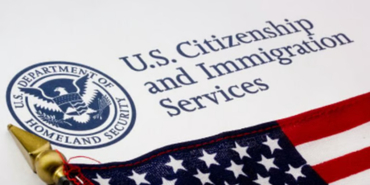
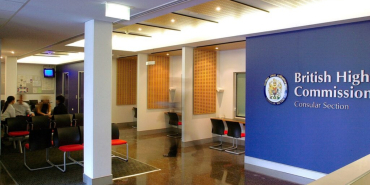
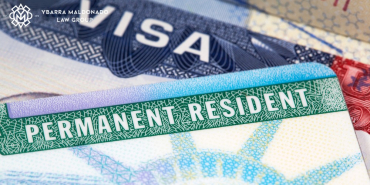

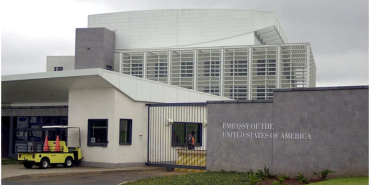

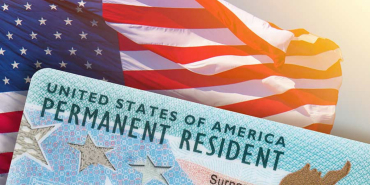

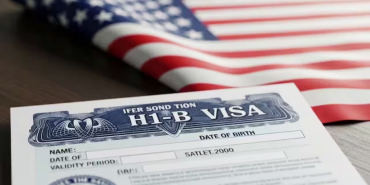

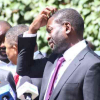

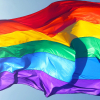
Add new comment